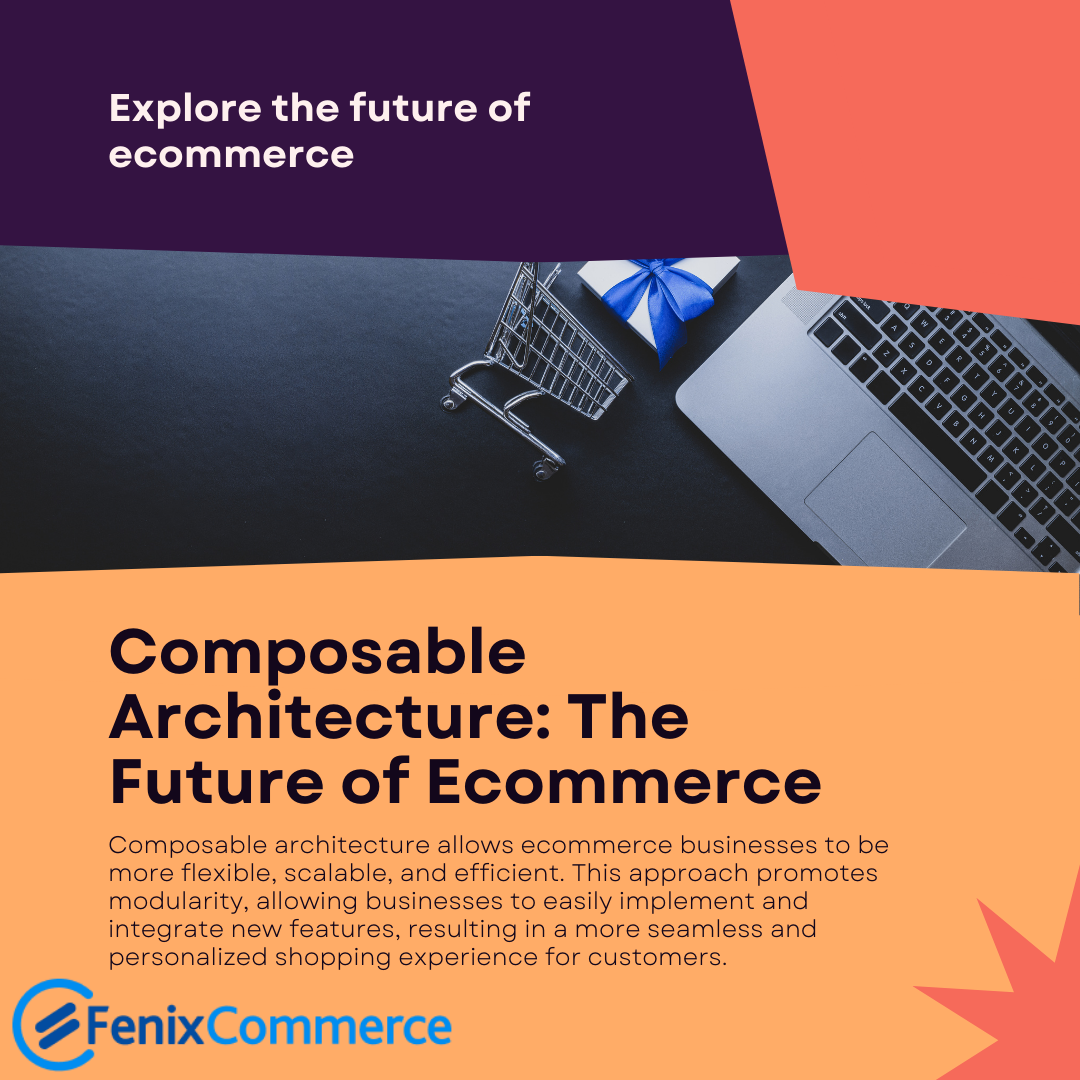March, 11 2024

As the e-commerce landscape continues to evolve at a breakneck pace, retailers are constantly seeking innovative solutions to stay competitive, enhance customer experience, and streamline operations. Composable commerce emerges as a beacon of flexibility and innovation, offering retailers the ability to tailor their digital platforms to meet specific needs. This approach is revolutionizing the way businesses think about their e-commerce infrastructure, particularly in modernizing legacy order management systems.
This detailed exploration underscores the importance of composable commerce in delivering advanced features like accurate delivery dates, dynamic carrier rate shopping, and proactive post-purchase updates, pivotal for enhancing customer satisfaction and operational profitability.
At its core, composable commerce is about breaking away from the one-size-fits-all solutions that have dominated the industry for years. It enables retailers to construct a customized e-commerce ecosystem by selecting and integrating the best microservices for each function, such as inventory management, customer relationship management (CRM), and payment processing.
One of the most significant advantages of composable commerce is its flexibility. Retailers can quickly adapt to market changes, consumer trends, and new technologies without overhauling their entire system. This adaptability is crucial in an industry where consumer preferences and digital technologies evolve rapidly.
Composable commerce allows retailers to focus on delivering personalized and engaging customer experiences. By integrating advanced analytics, AI-driven recommendations, and personalized marketing tools, retailers can create unique customer journeys that increase engagement and loyalty.


The modular nature of composable commerce simplifies the integration of various business operations, from inventory management to shipping logistics. Retailers can select the best-in-class tools for each function, ensuring efficiency and reducing operational complexities.
Transitioning to a composable architecture can be significantly more cost-effective than maintaining or upgrading legacy systems. Retailers can invest in specific functionalities they need, avoiding the expense of unwieldy platforms that offer more than what’s required.
As businesses grow, their e-commerce platforms must scale accordingly. Composable commerce's microservices architecture allows for easy scaling of individual components, ensuring that the platform can support business growth without performance issues.
Composable commerce encourages innovation by making it easier to test and implement new technologies. Retailers can stay ahead of the curve by rapidly adopting the latest e-commerce tools and practices, offering them a competitive advantage in the market.
With composable commerce, retailers can ensure their e-commerce infrastructure is future-proof. As new technologies and consumer demands emerge, businesses can seamlessly integrate new services or update existing ones without disrupting their operations.
The Role of Composable Commerce in Modernizing Legacy Systems
Many retailers operate on legacy order management systems that are inflexible, costly to maintain, and unable to meet current e-commerce demands. Composable commerce offers a path to modernization, allowing businesses to gradually replace or augment outdated components with modern microservices. This transition enables retailers to leverage the latest in AI, ML, and analytics without a complete system overhaul, improving efficiency, accuracy, and customer satisfaction.
FenixCommerce's Role in Empowering Retailers with Composable Commerce
As retailers navigate the shift towards composable commerce, FenixCommerce emerges as a key partner in this transformation. In the conclusion of our exploration into composable commerce benefits, it's clear that FenixCommerce's capabilities are pivotal for retailers aiming to modernize their legacy order management infrastructure at a fraction of the cost.
FenixCommerce offers a suite of microservices, including Adaptive Order Promising, Estimated Delivery Dates, Carrier Rate Shopping, and Post-Purchase Updates. These services harness the power of ML and AI to enhance operational efficiency, improve customer experiences, and provide the scalability and flexibility inherent in composable commerce architecture. By integrating FenixCommerce's solutions, retailers can seamlessly transition to a more adaptable, efficient, and customer-centric e-commerce platform.
Ready to modernize your e-commerce infrastructure with the flexibility and innovation of composable commerce? Explore how FenixCommerce can facilitate your transformation into a more agile, customer-focused, and cost-effective operation. Contact us today to learn more about our suite of microservices designed to bring your e-commerce platform into the future.

Author: Akhilesh Srivastava
Founder and CEO of FenixCommerce
